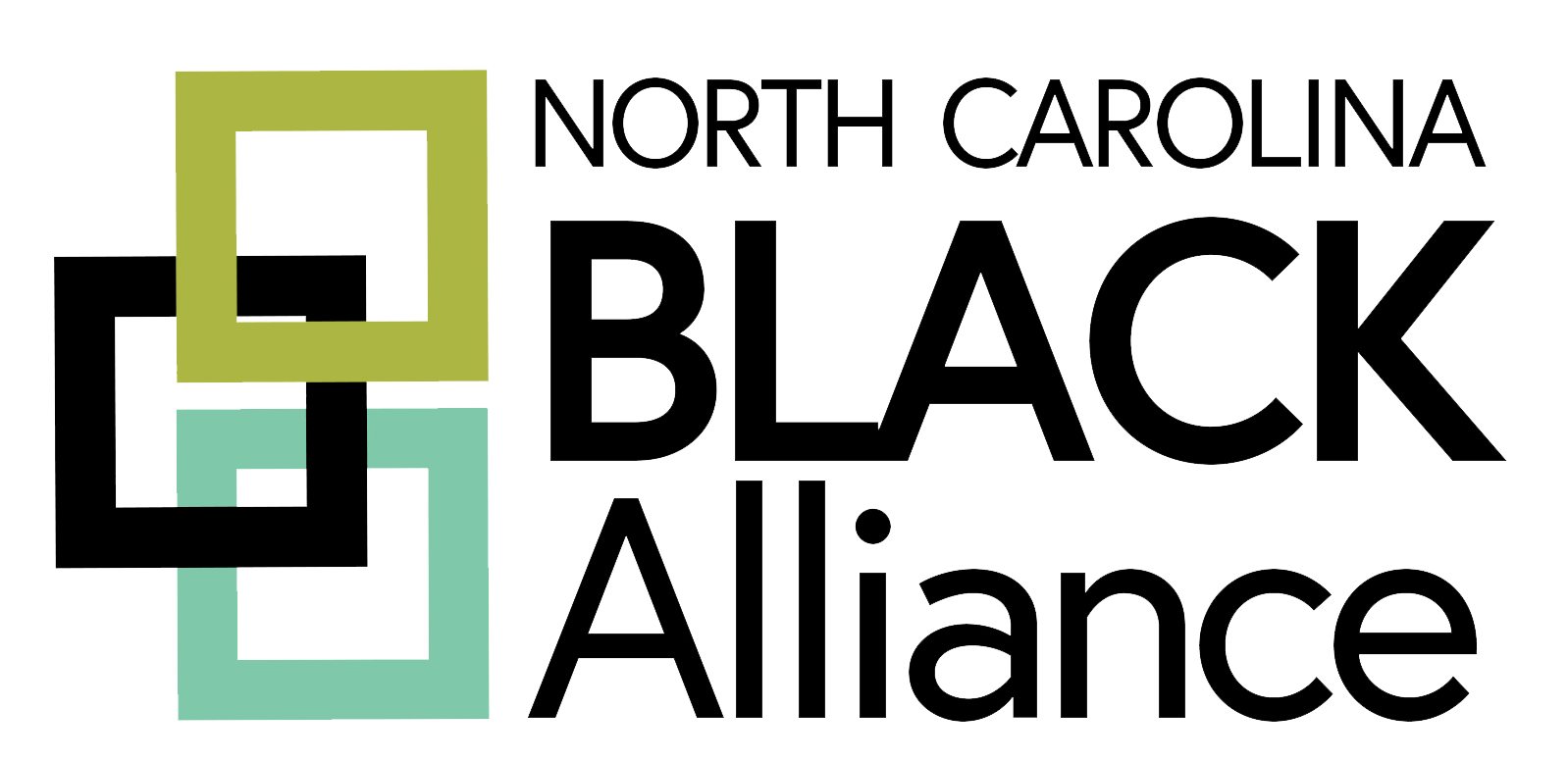National Domestic Violence Awareness Month
October is Domestic Violence Awareness Month, a time to reflect on the ways that domestic violence has impacted our communities. During this month, we recognize and honor the survivors of domestic violence and come together as a community to make a commitment to end relationship violence. Through awareness, understanding and action, we can work towards breaking the cycle of domestic violence.
Domestic violence can take many forms, including physical, sexual, emotional, and psychological abuse. It can involve acts of intimidation, control, and coercion, with the intention of establishing power and control over the victim. This abusive behavior can occur in any type of relationship, regardless of gender, age, or sexual orientation. It is important to recognize that domestic violence is not limited to physical violence alone. Domestic violence can also appear in non-physical ways, such as verbal abuse, stalking, economic abuse, and threats. The impact of domestic violence extends far beyond the immediate victims but also affects families, communities, and society as a whole.
Earlier this month, the North Carolina Black Alliance sat down with the Compass Center for a discussion on the intersection of domestic violence and voting rights in North Carolina. Our discussion highlighted policies and barriers to voting that impact the Black community and all survivors of domestic or relationship violence. Earlier this year, the North Carolina General Assembly passed Senate Bill 20, called the Care for Women and Children’s Act. This bill was controversial because of the restrictive abortion access it created. The bill claims to protect access to abortions for patients in vulnerable situations, including survivors of domestic violence and sexual assault. But even if someone meets the requirements to qualify for the limited exceptions presented in the bill, they still have to seek care at a hospital. North Carolina has been experiencing rural hospital closures over the last decade, with 20 counties in North Carolina that do not have a hospital and 17 that are at risk of closing. Survivors of domestic violence also face economic challenges, which can make accessing transportation to get to the only place that can provide time-sensitive health care a barrier. A visit to a hospital will likely cost more than a visit to an abortion clinic.
We believe that survivors must be able to safely vote and have their voices heard. North Carolina participates in the Address Confidentiality Program, a free program administered by the North Carolina Attorney General’s office that helps survivors who want to keep their current address private by providing them with a substitute address and a mail-forwarding service. With Voter Photo ID laws being administered again in North Carolina, this program allows survivors to register to vote without compromising their address. American voters’ data is public record, which means that if someone were to look up your Voter Record, they would be able to find your address because it’s attached to your photo ID. However, with this confidentiality program, the address they would see is the substitute address because that’s the one that’s been made public record.
As a society, if we can provide support for survivors and hold abusers accountable for their actions, we not only help individual victims heal and rebuild their lives, but we can also break the cycle of violence and create a safer and more compassionate society for everyone. By dispelling myths and misconceptions, educating ourselves and others, challenging societal norms, and providing support for survivors, we can create a culture that refuses to tolerate domestic violence. Together, we can break the silence, confront the myths, and create a safer future for all.
Ways that you can show support and make a difference:
- Advocate for policy changes that protect and support survivors of domestic violence. This can include reaching out to lawmakers, attending town hall meetings, or participating in advocacy campaigns.
- Educate yourself and others about domestic violence, its signs, and its impact. Share what you learn with others to raise awareness and dispel myths.
- Raise awareness on social media by sharing personal stories, resources, or statistics to engage and educate those around you.
- Support survivors by creating non-judgemental safe spaces or offering to listen

India Rockett
Health Equity Fellow
